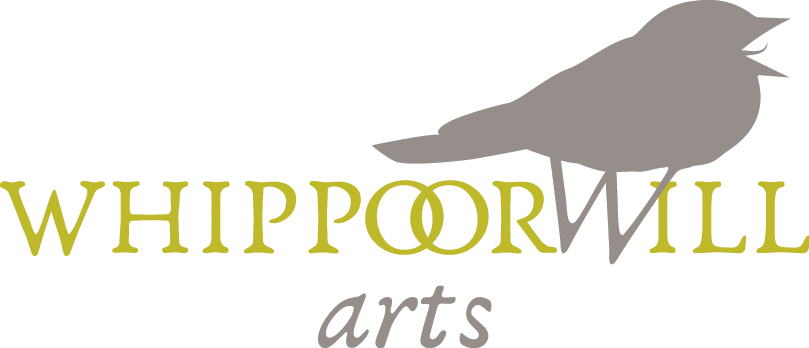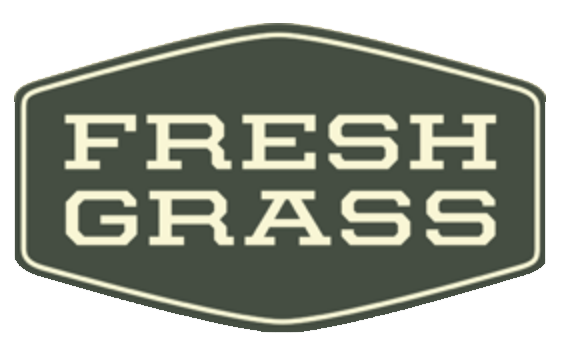Molly Tuttle
On September 27, 2017, Molly Tuttle made music history. Having been nominated for three International Bluegrass Music Awards, including Emerging Artist and Female Vocalist of the Year, she became the first woman to win IBMA Guitar Player of the Year (having also been the first woman ever nominated in that category). Her remarkable achievement came before she’d spent a quarter century on the planet. The 24-year-old Northern California native had already been performing on stage since was 11 years old. She recorded her first album, The Old Apple Tree with her father Jack Tuttle, at age 13; she has appeared on A Prairie Home Companion and at San Francisco’s prestigious Hardly Strictly Bluegrass and RockyGrass festivals; and she’s been featured on the covers of Flatpicking Guitar and Acoustic Guitar magazines. And she is no stranger to awards: Molly took first place in the General category of the Chris Austin General Songwriting Competition at Merlefest 2012, and she won a 2016 IBMA Momentum Award in the instrumentalist category. Further evidence that Molly’s star has risen is her fall 2017 signing to Compass Records for whom she will record her first full-length album, the follow-up to her 2017 self-released EP Rise, which featured contributions by Darrell Scott, the Milk Carton Kids, Kathy Kallick, and Nathaniel Smith.
Although her solo recordings are recent developments, Molly has appeared on a host of CDs—with her father, Jack, on Introducing the Tuttles with AJ Lee and Endless Ocean; with The Goodbye Girls on Going to Boston; with Mile Rocks on Mile Rocks and Friends; with John Mailander on Molly Tuttle and John Mailander and Snowy Side of the Mountain; with AJ Lee on AJ Lee; with Korby Lenker on Thousand Springs; with Bobby Osborne on Original; and with Billy Strings on Turmoil & Tinfoil.
Molly, now living in Nashville, has not been thrown off-kilter by the skyrocketing arc of her young career. “Nashville is full of the best musicians in the world,” she says, “so being around that keeps me feeling grounded and humble. Other things that keep me grounded when I come home after a lot of touring are riding my bike around east Nashville, connecting and advocating for the Alopecia community, which I’ve done a bit in the past year, and working on new music. Keeping the focus on music and being creative really helps keep everything else in perspective.”
Molly’s focus on music has humble beginnings. She first played in public with her father at farmers’ markets and pizza parlors in the San Francisco Bay Area. “That’s how I learned to perform,” she says. “Slowly I started doing it more and more, and it became something that I loved and wanted to pursue as a career.” That guitar would be her primary instrument was clear to her early on. “I always loved the sound of the guitar,” she says, “and the fact that I could accompany myself easily when I sang. Something about the guitar always felt really comfortable but also compelling to me. The guitar is very accessible for people of all levels to play, but it gets more complex and mysterious the deeper you get.”
Her first influence on guitar was her father, a music teacher steeped in bluegrass. “My dad learned from listening to people like Clarence White and Tony Rice, so I think he passed along a lot of that vocabulary to me,” she explains. “He always stressed coming up with ideas that haven’t been done before and would invent interesting licks or versions of tunes and teach them to me.” As she became more familiar with other players locally, and increased her exposure to acoustic guitarists in general, Molly found additional sources of inspiration. “[Bay Area musician] Michael Stadler was the one who showed me that you could play clawhammer on the guitar,” she says. “Before meeting him I played clawhammer banjo but didn’t know it could transfer to the guitar and sound musical.”
Molly’s meticulous playing reflects her impeccable taste, as well. “I love Dave Rawlings,” she says, “because he has such a unique sound, and his use of dissonance is really compelling to me. David Grier was also a huge influence for me. I really admire his use of crosspicking and the way he fills out chord tones around his lead playing. He has some of the most interesting ideas and an amazing groove when he plays, which I’ve tried to emulate to some extent in my playing.”
It was while the Berklee College of Music in Boston, from which she graduated in 2014 with an Artist Diploma in Guitar Performance, that Molly realized it was not common for a young woman to step out as a lead voice on her chosen instrument. “I never had another woman in any of my guitar classes,” she told Jewly Hight for NPR Music’s World Café in 2017. “Guitar is, I think, one of the most gendered instruments, for some reason.”
But while her skills as a guitarist have won her unprecedented acclaim, Molly is emerging as a triple threat—along the lines of someone like Richard Thompson—as a guitarist, singer, and songwriter. Writing in American Songwriter magazine, Paul Zollo observed that Molly “plays astoundingly fleet flatpicking guitar like Chet Atkins on superdrive” and “sings with the gentle authority of Gillian Welch.” As evidenced by the seven songs on her EP, Rise, and the fact that her song “Lightning in a Jar” has garnered over 1 million plays on Spotify, Molly’s songwriting is coming into prominence, as well.
“When I was a teenager I became more focused on singing and writing songs than playing guitar,” she says, “and that is still my main focus when I’m working on music. To me the vocals and the songwriting are what I really connect to when I listen to my favorite artists. Bob Dylan and Joni Mitchell were big inspirations to me. I listened to both of them a lot when I was starting to write songs.” Asked her idea of a perfect song, she replies, “One that comes to me is Dylan’s ‘Simple Twist of Fate.’”
As she becomes the first recipient of the Whippoorwill Arts/Freshgrass Emerging Artist Award, Molly is writing the songs for her Compass Records album debut. “It’s still pretty vague,” she says, “but I want to explore a bit and go in a new direction with it. The songs I’ve been writing are all over the place, as far as style goes, and I’ve been doing a lot of co-writing, which has helped me grow as a writer and find new territory.”
Even as she expresses her deep admiration for such musicians as Alison Krauss—“someone who I think has always stayed true to her own music and sound”—and Gillian Welch—“another who has never done anything that doesn’t sound completely authentic to who she is as an artist”— Molly Tuttle is becoming a role model in her own right. As she said in her IBMA award acceptance speech, “I want to be an inspiration to other women to play lead guitar.” Leading the Molly Tuttle Band (with banjo player Wes Corbett, mandolinist Joe K. Walsh, and bassist and Hasee Ciaccio), teaching at the Targhee Music Camp and the Nashville Flatpick Camp, and on AcousticGuitar.com, and racking up honors, she is well on her to bringing others along with her.
—Derk Richardson, Oakland, California-based music journalist and radio programmer, KPFA 94.1 FM
“Molly Tuttle, blew away the unsuspecting crowd with her rapid fire bluegrass guitar work that would put even the most talented shredders to shame. It was a marvel to see such incredible technical skill combined with a sweet voice and fun, barn-storming songwriting.”
“[Molly Tuttle] sings with the gentle authority of Gillian Welch, yet plays astoundingly fleet flat-picking guitar like Chet Atkins on superdrive. ”



